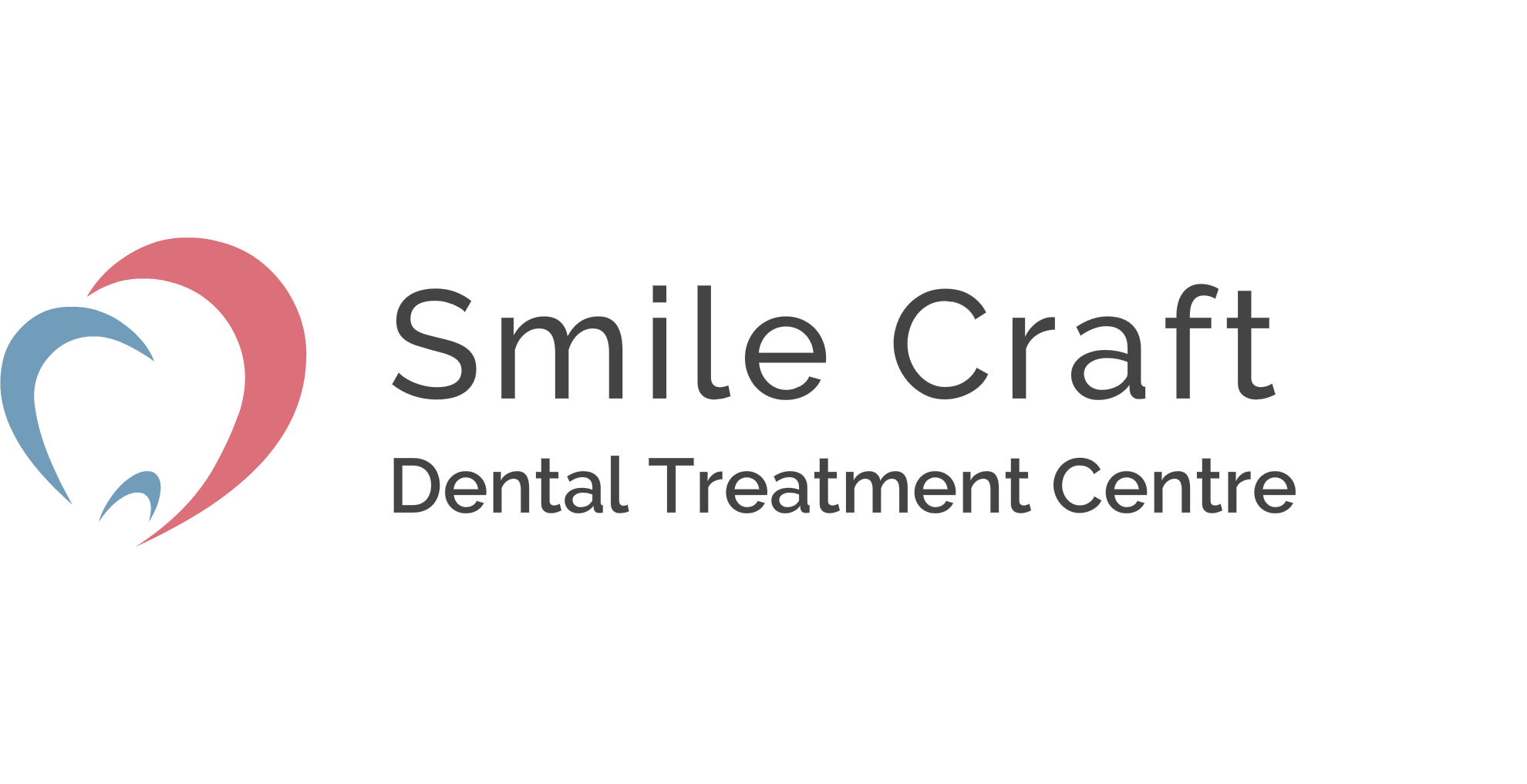- Home
- Routine Dental Examination
Dental Examination
Routine Dental Examination
1. Oral Examination: Your dentist will check your teeth, gums, tongue, and oral tissues for any signs of cavities, inflammation, or abnormalities.

2. Dental X-Rays: X-rays may be taken to detect hidden dental issues like cavities between teeth, impacted wisdom teeth, or bone loss.
Book an Appointment
Ready to achieve your brightest smile? Book an appointment for personalized dental treatment today! Our expert team is here to help you achieve optimal oral health.
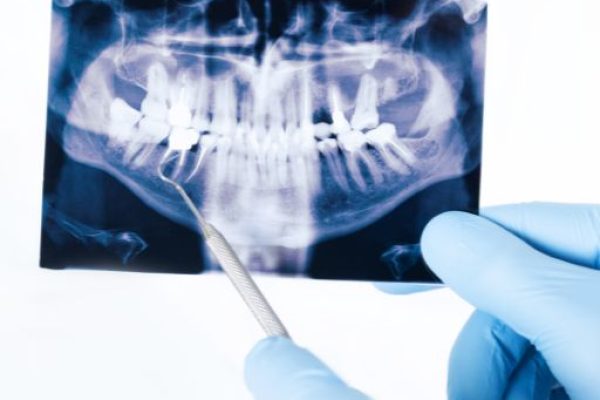
3. Professional Cleaning: A dental hygienist will clean your teeth thoroughly, removing plaque, tartar, and surface stains to prevent cavities and gum disease.
Services
- Consultation and Diagnosis
- Scaling and polishing ( Teeth Cleaning)
- Tooth Colored fillings
- Root Canal Treatment
- Dental Crowns
- Replacement of teeth ( Dental Implants, Dental Bridges and Dentures)
- Full Mouth Rehabilitation
- Preventing Pediatric Dentistry
- Kids Dentistry
- Gums Treatment
- Wisdom teeth removal and other minor oral surgery
- Dental Braces
- Invisalign
- Cosmetic Dentistry and Smile Design
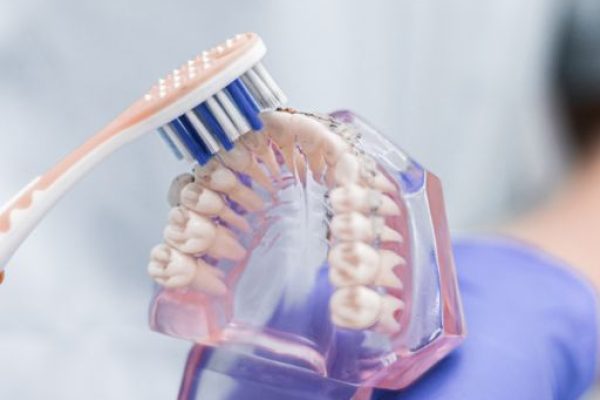
4. Oral Health Education: Your dentist may offer personalized advice on brushing, flossing, diet, and oral care products to improve your oral hygiene routine.
Why Are Routine Dental Exams Important?
1. Preventive Care:
Routine dental exams allow dentists to detect potential issues early on, such as cavities, gum disease, or oral cancer. By identifying these problems in their initial stages, they can be treated more effectively, often preventing the need for more extensive procedures down the line.
2. Oral Health Maintenance:
Regular cleanings during dental exams help remove plaque and tartar buildup, which can lead to tooth decay and gum disease if left untreated. Additionally, dentists can provide guidance on proper oral hygiene techniques tailored to your specific needs, helping you maintain optimal oral health between visits.
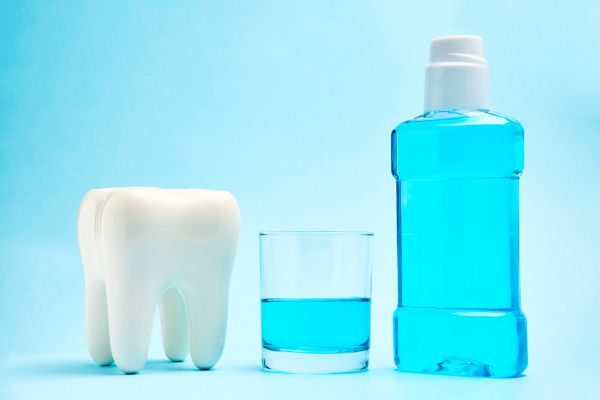
3. Early Detection of Oral Health Issues:
Many dental problems, such as cavities or gum disease, may not cause noticeable symptoms in their early stages. Routine exams allow dentists to identify these issues before they progress, potentially saving you from pain, discomfort, and costly treatments in the future.
4. Overall Health Monitoring:
Your oral health is closely linked to your overall health. Conditions such as diabetes, heart disease, and osteoporosis can manifest symptoms in the mouth. During dental exams, dentists may spot signs of these systemic conditions, prompting further evaluation and appropriate management.


